
India on XXII Olympic Games, Moscow
Complete Set of 2 nos of commemorative postage stamps on the 22nd Olympic Games, 1980, Moscow, Soviet Union :
Issued by India
Issued on Jul 19, 1980
Issued for : Indian Posts & Telegraphs Department is happy to commemorate the XXII Olympics by issuing a set of two stamps.
Description of Design : The 100 paise stamp depicts the athletic event of high jump and the 280 paise stamp shows the equestrian event of show jumping. The design of 280 paise stamp is based on the photograph by courtesy of Director, Remount and Veterinary Services, Army Headquarters.
First day cover illustration shows a view of Moscow, the venue of XXII Olympics.
Type : Stamps, Postal Used
Colour : Multicolour
Denomination : 100 & 280 Paise
Overall size : 4.8 x 3.6 cms.
Printing size : 4.35 x 3.15 cms.
Perforation : 14 x 14
Watermark : Unwatermarked paper
Number printed : 20,00,000 each
Number per issue sheet : 20
Printing process : Photogravure
Designed and printed at : India Security Press
About :
- The origin of the Olympic games is shrouded in the misty past. There were various traditions as to its origin. According to one, the first race was between Pelops and Oanomaus. Another attributed the festival to Heracles. Traditionally the first celebration of the games was in 776 B.C. The list of Olympic victors begins with Coroebus of Elis (776 B.C.), and this list is often cited by ancient authors for purposes of dating.
- Olympia, a place in Greece, was the scene of the games. The festival occurred every four years and was held in high summer at the time of full moon. A sacred truce was declared so that even in the time of war any who wished might have safe conduct to the games. It occupied such an important position in the life of Greece that time was measured by the four-year interval between them an “Olympiad“. The games were abolished in circa A.D. 393 by the Roman emperor Theodosius I after Greece had lost its independence.
- At first the programme considered only of a single event, a race the length of the stadium. Afterward, additional races, the discuss throw, the javelin throw, the broad jump, wrestling, the pentathlon, chariot racing and other events were added. Participation in the games was at first restricted to Greeks, but competitors came from all the Greek colonies. The victor’s prize was a crown of wild olive made from the tree called “the olive of the fair crown” which grew behind the temple of Zeus, the most important building at Olympia and one of the largest Doric temples in Greece. Kings competed alongside commoners; even the Roman Emperor Nero (A.D. 37-68) sought Olympic honours. Winners became national heroes; odes were composed and sung in their praise and sculptors preserved their strength and beauty in marble.
- The Olympic Games were revived through the efforts of Baron Pierre de Coubertin (1863-1937) of France. He summoned an international conference at Paris in 1894 which was attended by the representatives of 12 nations. The games of the I Olympiad of the modern cycle were held under the patronage of the King of Greece in 1896 in Athens.
- Subsequent games were held in Paris (1900), St. Louis (1904), London (1908), Stockholm (1912), Antwerp (1920), Paris (1924), Amsterdam (1928), Los Angeles (1932), Berlin (1936), London (1948), Helsinki (1952), Melbourne 1956), Rome (1960), Tokyo (1964), Mexico City (1968), Munich (1972), and Montreal (1976). The games of VI, XII and XIII Olympiads scheduled for 1916, 1940 and 1944 were not held because of war. The games of XXII Olympics are being held in Moscow.
- A separate cycle of winter games was initiated in 1924 at Chamonix, France; the 1980 winter games were held at Lake Placid, USA.


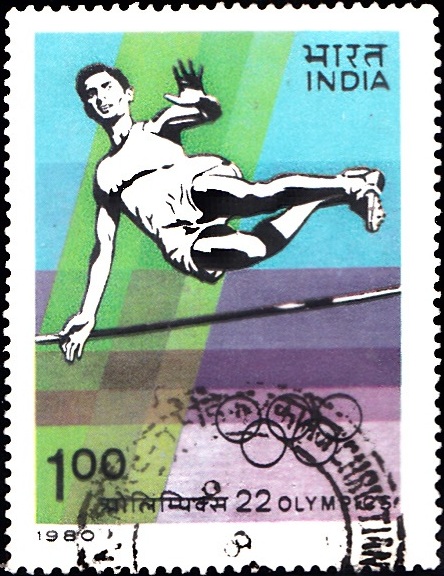

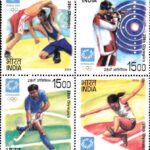

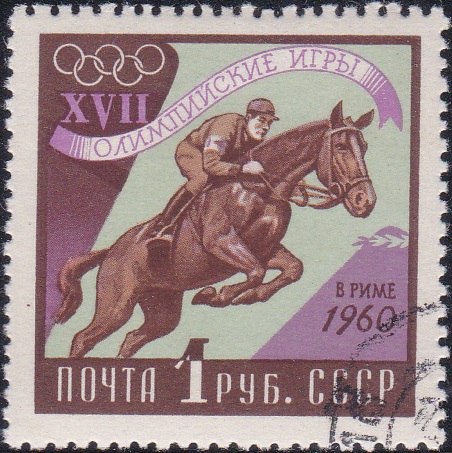
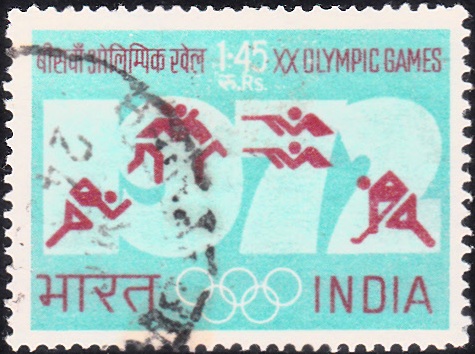
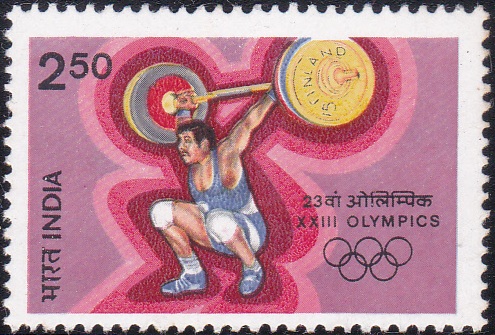
[…] six Gold medals in consecutive Olympic Games in Hockey till 1956. Thereafter in the Tokyo and Moscow Olympics also gold medals in Hockey were won by India. In recent times, India won a Bronze medal in […]
[…] winning six gold medals in consecutive Olympic Games in Hockey till 1956. Thereafter in Tokyo and Moscow Olympics, gold medals were won. India has the credit of occupying the fourth place in 1956 Olympic games in […]